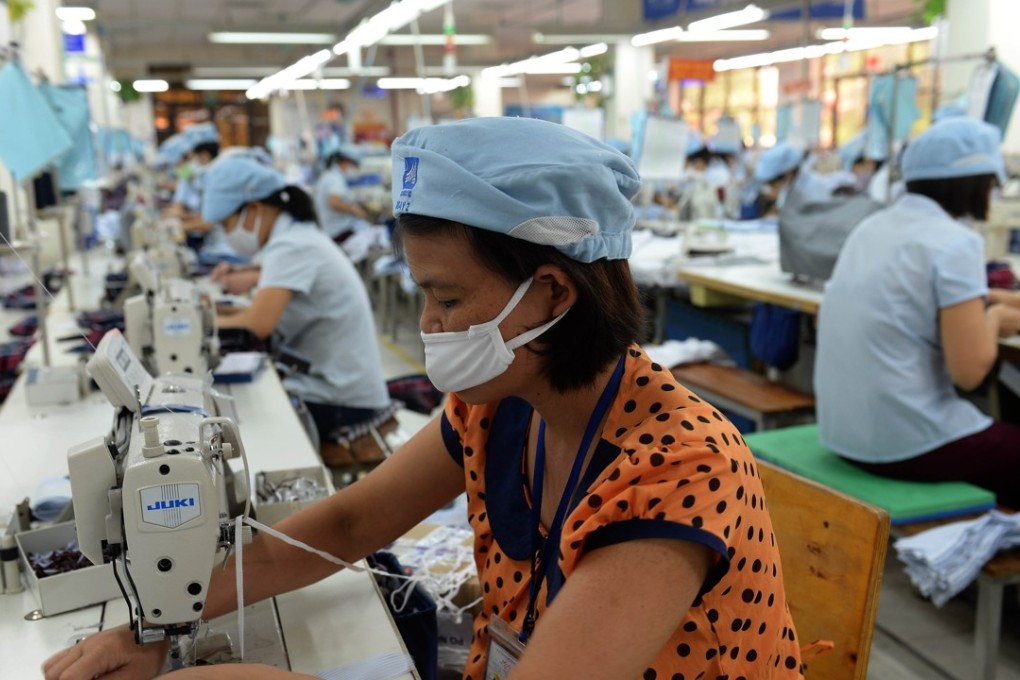US-China trade war set to make big winners out of Asean countries
- Bank executives say supply chain shift to Southeast Asia will accelerate as trade differences continue
- Trade outlook for the region is the most bullish in the world, Singapore forum hears

Asean’s trade outlook is the most bullish in the world because its member states will be the big winners in the US-China trade war, according to top HSBC bankers at an economic forum in Singapore.
Attendees at the Bloomberg New Economy Forum in Singapore heard that the relocation of production out of China to lower-cost countries in the Association of Southeast Asian Nations had been taking place for a number years.
But the US-China trade war had prompted a sharp acceleration of that trend to avoid US import tariffs on Chinese goods.
Patrick Burke, chief executive officer of HSBC US, said a manufacturing client had already been thinking about moving his company’s factories to Cambodia and Vietnam, but was now pushing ahead with that process at a faster pace.
“They really decided to start moving and take action because of the [US] tariffs,” Burke told the South China Morning Post during the forum.
US-China divisions could lead to an economic Iron Curtain, Henry Paulson warns
Tony Cripps, CEO of HSBC Singapore, told the forum Asean countries would be the main beneficiaries of the process of supply chain diversification, although he warned that a large scale shift would not happen overnight.